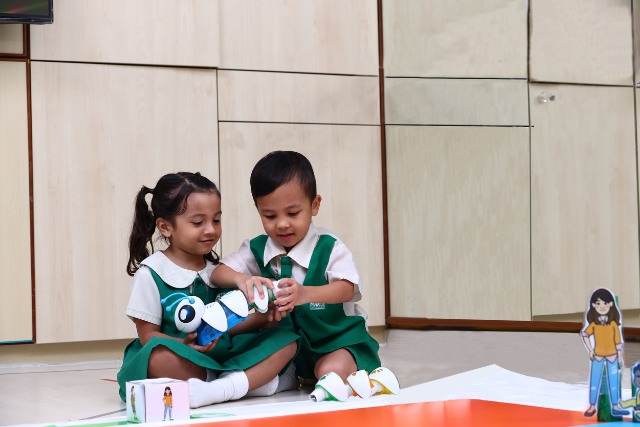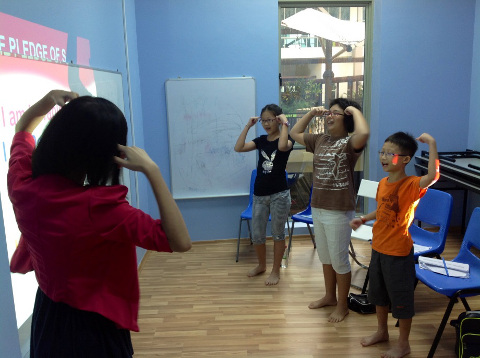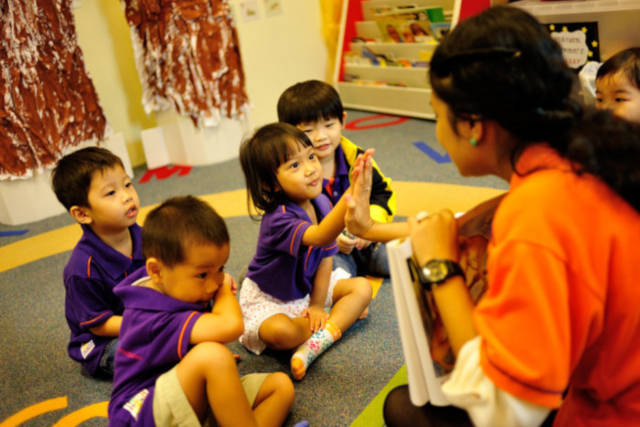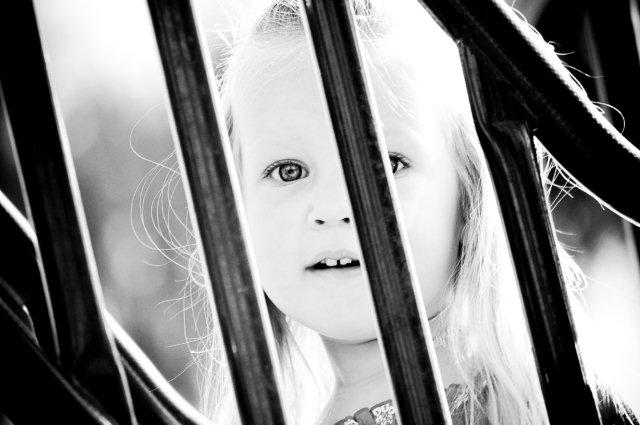Would you like your child to grow up feeling successful? To express him or herself without worrying about correctness or giving offence, speaking easily to a range of different people, able to put others at ease, enjoying successful relationships?
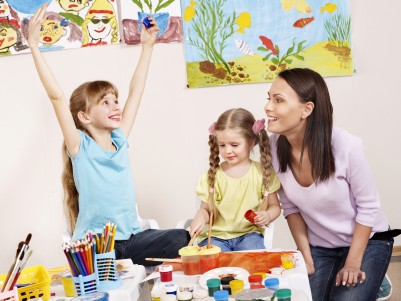
Confidence is the priceless asset that will inspire this success, helping him live his life to the full.
The word ‘confidence’ originates from the Latin ‘confidere‘ meaning to trust in their own ability. Confident people enjoy a great advantage in life. They gain satisfaction from helping others and perform better in school, exams, interviews, meetings and arguments. With confidence, we live our lives better.
To enable our children to project confidence, inspiring and encouraging others, we can help them practise confident thinking and speaking in the following ways:
1. Confidence in conversation leads to confidence in life.
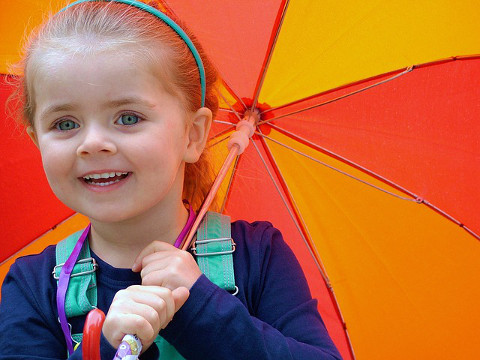
Chat together over a family meal every day. Share your day with your child, volunteering information, and ask him about his own. Use prompts like Who? Where? What? Why? When? How?
2. The way we sit or stand dictates the way we think.
Positive thinking is produced by a confident posture. Encourage your child to sit or stand tall, with forwarding shoulders, chest open, chin level, eyes looking ahead and slightly up. The opposite, slumped posture, produces depressed, negative thinking.
3. Speaking clearly helps you project confidence.
Practise tongue twisters together for firm articulation (try tying twine around the three trees; sixty-six shy soldiers; Swiss wristwatch etc)
4. Please pause!
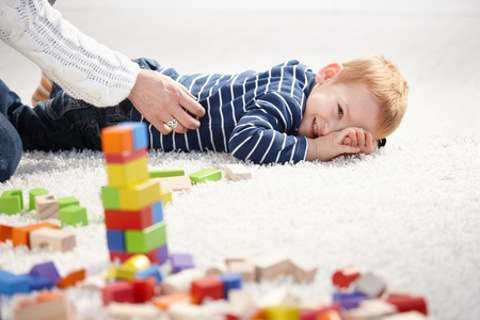
In conversation, oral exams and interviews, take time to pause, breathe and think before you answer the question. We’re often afraid to pause, fearing the silence, not realising how useful it is for the listener to be able to reflect on what we’ve said.
5. Each to his own.
Let your child develop his own ideas by remembering that we’re all different. Respect him for his differences and allow him to build on them – they are what will make him a valuable, creative individual, distinct and separate from you.
6. Children need to practise assertion.

Understanding that they can say what they want and that others will listen. This is tremendously good for building confidence even if getting what they want means compromise. The point is that others have listened, without interrupting, and acknowledged their feelings.
7. Help them to criticise themselves by assessing their own performance.
Ask “How do you think it went?” “What do you think you did well?” “How would you like to improve?” rather than telling them what you think. When they’re feeling daunted encourage them to work on small, manageable areas that they can improve on. In this way, confidence is developed a bit at a time.
8. Pick out the positive.
It’s easy to criticise, but it’s also easy to erode confidence by doing so. There’s always something positive to build on so try praising the seven he got right in the spelling test, rather than emphasising the three he got wrong! Keep the balance of positive interactions high by avoiding the negatives – tell him what you’d like to see him doing, rather than pointing out what he’s doing wrong. Let your optimism and enthusiasm for who he is and what he’s doing shine through.
Our children are worthy and deserving of love and respect. This fundamental belief is what will enable them to become confident adults.
By Julia Gabriel, Founder and Director of Julia Gabriel Education.
* * * * *
Want to be heard 👂 and seen 👀 by over 100,000 parents in Singapore? We can help! Leave your contact here and we’ll be in touch.
Looking for english course for your child? Do check out our English Enrichment Class compilation for some recommendations.













